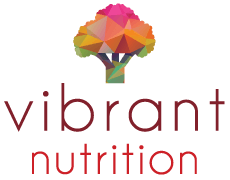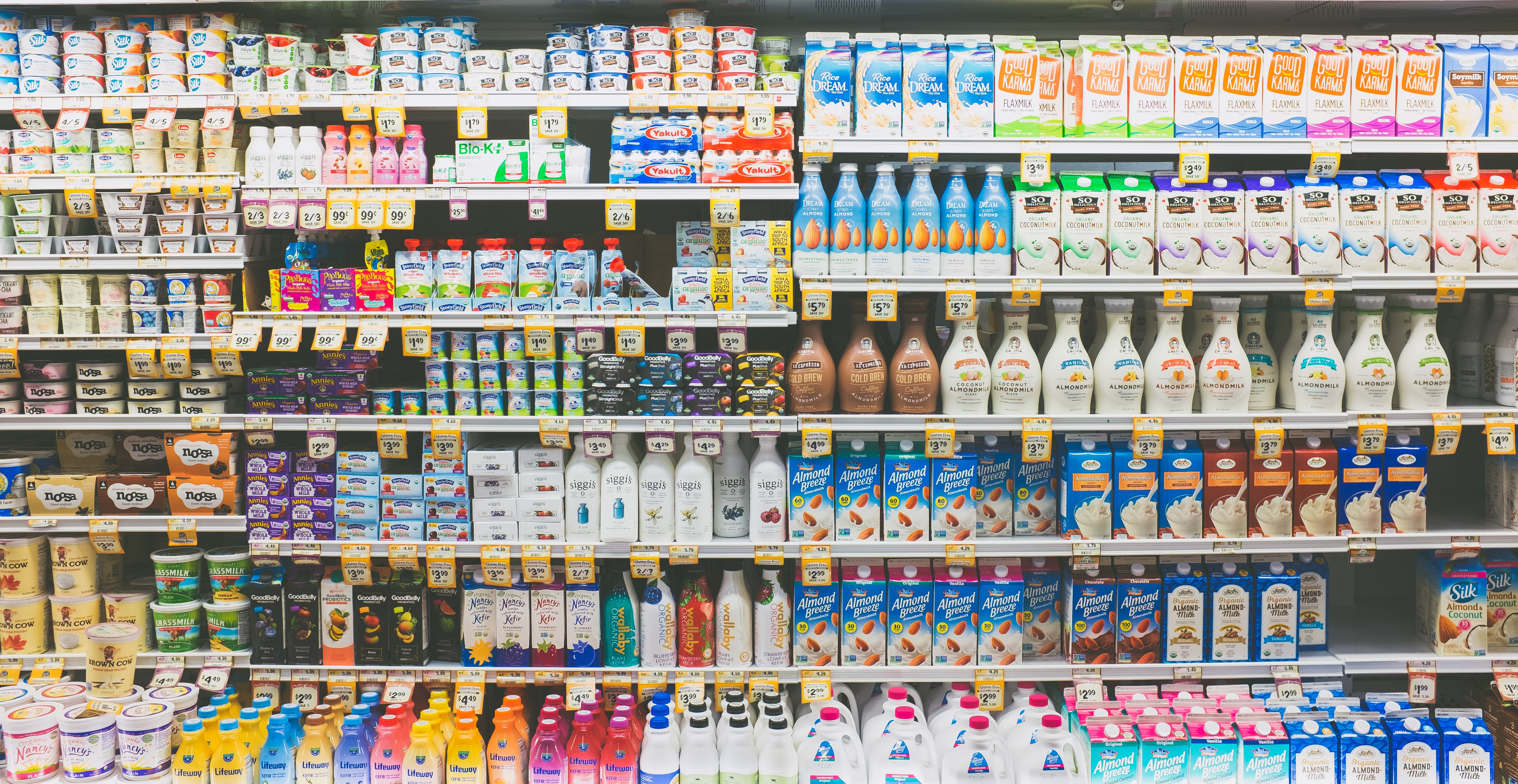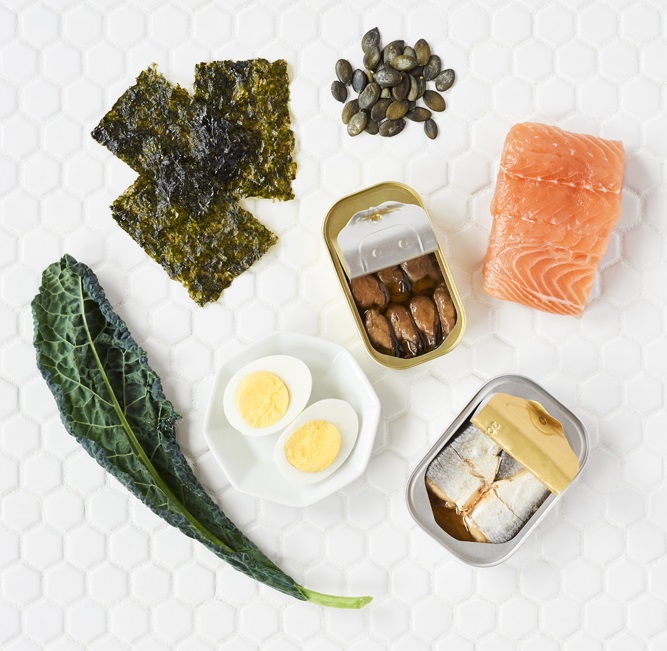March 31st, 2021
What type of milk should children drink?
Many parents feel confused about which, if any, type of milk they should give their child. Is cow’s milk still a safe option? Is there a milk alternative that’s better? Oat, almond, soy, hemp and coconut milk are just some of the milk options in the ever-evolving world of dairy alternatives.
While there are many ways to add calcium-rich foods into a child’s diet, a milk-type drink is a common choice. But which one is the right one for your child?
We break down the pros and cons of each type of milk and the two BIG don’ts, when it comes to topping up your littles’ diet with a nutritious fluid:
- Babies should not have cow’s milk introduced until between nine and 12 months of age.
- None of the non-dairy or plant based milk options are appropriate for children under two years of age.
Why are there such strict guidelines around young children and milk? Babies and young children need a specific balance of healthy fat, calcium and protein to grow and develop properly. Drinking the wrong kind of milk at an early age can fill your baby’s belly up, leaving very little room for the nutrients they need.
Lactose Intolerance
Many people consume dairy products from cows, goats or sheep. Lactose is a disaccharide sugar naturally found in animal milks that many people have trouble digesting. If you regularly consume milk or other dairy products in small amounts, your liver will produce and store lactase, the enzyme you need to digest cow’s milk products. Some people don’t produce this enzyme or they stop producing it, resulting in lactose intolerance. Lactose intolerance causes gas, discomfort and digestive issues.
Some babies are sensitive or even allergic to cow’s milk protein and this becomes very clear, very quickly after their first experience with dairy. Many children outgrow this allergy over time, but it can make finding the right milk for your little one difficult.
Two tricks you can use to alleviate lactose intolerance:
- Choose whole, full-fat lactose-free products to decrease the discomfort of breaking down this sugar
- If your baby is okay with the proteins in animal milks, give them some fermented dairy starting around 10 months, such as full-fat plain yogurt or kefir, to help maintain the ability to digest dairy
Cow’s Milk
The most common of all milks, cow’s milk has been consumed in many cultures for thousands of years. It’s a whole food, is naturally nutritious and provides an excellent source of calcium as one cup gives you about 300 mg, which is almost 50% of your child’s daily calcium needs. It also provides some Vitamin D. On average, protein in cow’s milk hovers at 8 grams per cup and it’s a great source of healthy trans fats for the brain and heart.
Drawbacks:
- Cow’s milk isn’t an option for vegans, who don’t consume animal products
- Many people find cow’s milk difficult to digest. Only about 40% of adults can digest cow’s milk without any difficulty, either due to the protein type and size or to lactose intolerance
- Severe lactose-intolerance or Cow’s Milks Protein Allergy (CMPA) can occur in some babies
- Some babies with moderate and severe eczema may benefit from reduced dairy exposure
Important point: there is a lot of confusion around hormones and antibiotics in animal milk products. In Canada it is against the law to use added artificial hormones or antibiotics in our dairy, meat and egg products, which is not the case around the world. If you live in Canada, don’t let fear of artificial hormones and antibiotics keep you from choosing dairy milk.
Goat’s Milk
Goat’s milk has become a popular first milk for babies in the past five years. It’s an animal-sourced dairy product that is often found in smaller grocery stores, specialty stores, health foods stores and farmer’s markets. As a whole food, it is largely unprocessed, with naturally-occurring nutritional benefits.
There is a lot to like about goat’s milk. It is fortified like other milks to contain vitamin D and is an excellent source of vitamin A. It’s also a good source of calcium, zinc, selenium, iron and healthy trans fats such as vaccenic acid many other naturally occurring nutrients. Its important buy enriched goat’s milk, to get that extra calcium and folate (3 mg in non-enriched goat’s milk versus 13 mg in cow’s milk). It also contains about 9g of protein per cup. Some babies may even find goat’s milk a little easier to digest than cow’s milk, due to different and smaller protein particles. It is also lower in lactose than cow’s milk.
Drawbacks:
- Not an option for vegans
- Goat’s milk could be considered an acquired taste! Some little taste buds find the tangy or earthy flavour hard to enjoy, but try it and give your taste buds the option of adjusting
- It can be expensive and difficult to find in many areas of the country
- It is low in folate (when it isn’t enriched), so make sure the goat milk you choose is fortified with extra folate
Plant Milks
Most dairy alternatives are fortified and have few naturally-occurring nutrients. They can, however, be fortified to be just like dairy products in terms of the calcium and vitamins they provide. The protein content alternative milks varies significantly, depending on the base grain or bean used.
One major caveat is that to create a smooth beverage, most plant-based milks contain fillers and binders; some common names for these are carrageenan, xanthan gum, locust bean gum, guar gum and gellan gum. These come from a variety of sources including legumes, seaweed and bacteria. Recent studies have shown that these can disrupt the production of healthy gasses our gut bacteria naturally produce, and may change those bacteria over time to be less healthy.
This could potentially be irritating to a young child’s digestive system, especially those with sensitive bellies, and the long-term effects of changing your child’s bacterial balance in the gut are unknown. While more research is needed, the best strategy is to keep the amount of fillers and binders in your child’s food as low as possible (e.g. 1 cup of almond milk vs. 3 per day).
You can make nut/grain or bean milks at home but they will not contain the proper fortification to make them nutrient-dense enough for children.
Fortified Soy Milk
Although soy has been a controversial ingredient, current scientific data suggests that there is no clear evidence of risk, and soy-based formulas are considered safe for those infants who require them.
Soy milk is a common alternative to animal milk, especially for babies and kids who are allergic to dairy-based infant formula. This is an ancient food in many Asian cultures and has been popular in Canada for several decades. It is made from filtered water and processed soy beans that are made into a mash and are fortified with a calcium. Soy is a source of healthy polyunsaturated fats, and each cup contains about 8 grams of protein and 319 mg of calcium, making it closer in nutrition to animal milks than the other plant-based versions.
Drawbacks
- More expensive than animal milk
- Can contain lots of added sugars, so look for unsweetened versions
- As with anything, excessive amounts of soy milk are not beneficial for children. A cup or two daily is fine for most children over the age of two years
- Soy often has a large amount of pesticide residue so look for organic versions
- Can contain binders and fillers, so check the label
Almond Milk
Almond milk is a very popular alternative to cow’s milk these days. Not all almond milks are fortified to the same level of calcium as animal milk and soy milk, so if you are using it to get calcium into baby, make sure you read the label. Look for 30% Daily Value of calcium per cup. Typically, almond milk is low in protein, offering only 1 gram per cup. It can be an alternative to milk for children two years and up, if you can find one with good calcium fortification.
Drawbacks:
- Expensive compared to cow’s milk and is highly processed
- Doesn’t work for children with a sensitivity or allergy to tree nuts or legumes
- All plant-based milks contain fillers and binders. These are mostly innocuous, but can irritate the lining of the gut in babies and children and potentially change the balance of healthy bacteria. We do not know if there are long-term effects to this as they grow and develop, but early studies don’t look good
- Can be a lot of added sugars in flavoured milk
- If you are up for it, a great solution is to make your own at home. Just don’t consider this a source of calcium for your child, because homemade almond milk will contain virtually none
Rice Milk
Rice milk is made by cooking and mashing rice with water, straining and filtering to achieve a fluid drink. Any calcium has been added, but can be enough to meet your child’s daily needs. Like other plant-based beverages, rice milk is low in protein, with less than 0.5 grams per cup, and may contain excess fillers and binders which don’t benefit baby.
Drawbacks:
- Rice products from North America, compared to the India and Pakistan, tend to be higher in arsenic. This is especially true of brown rice products, and those using extracted rice syrups for sweetening or rice-concentrates. This is important for babies and young children as it can affect neurological development, so you want to limit drinks and snacks that may be higher in this content
- Can contain binders and fillers
Hemp Milk
Hemp milk is made from hemp seeds. It has a more tangy, nutty and gritty taste than many of the other plant-based milks. It is six times higher in plant omega-3 fatty acids than cow’s milk. These are great for growing and developing hearts and minds.
Drawbacks:
- It is low in protein and may or may not be fortified to the same level of calcium as other choices
- Like the others, can contain lots of fillers and binders to keep the product bound together, and added sugars if you are choosing a flavoured version
Coconut Milk
Coconut milk could refer to two different products: actual 90% coconut milk found in cans, or newer types of beverages that are like almond and soy milk, made with filtered water and varying amounts of coconut cream. It is usually fortified with calcium and vitamin D, but not always to the same level as animal milks, so you need to read the label to be sure. Coconut milk is low in carbs, calories, and cholesterol, but it contains virtually no vitamins and minerals. It is a good source of polyunsaturated and saturated fats, but contains little protein. It has an interesting flavour compared to the other milks and adds a more tropical flavour to your coffee!
Drawbacks:
- Can contain binders and fillers
- More expensive than other choices
- Highly processed so you are not getting benefits of eating actual coconut meat
- Can be lots of added sugars, so look for unsweetened versions
- Types of fat contained are not appropriate for some people
Oat Milk
This is the latest trend in plant-based milks and is another popular homemade option as well. Oats themselves are good for cholesterol, blood sugar management and improved digestion, but there are no studies yet to show that oat milk carries the same benefits, unfortunately. Oat milk is also popular because it has a creamier texture than some of the other plant-based options. Most commercial oat milks are fortified to include calcium and Vitamin D, and it naturally contains about two to four grams of fibre per cup, but be wary that homemade versions will not have these benefits. The makers of oat milk also suggest that it is the best option environmentally, as producing oats uses less water than growing almonds or keeping livestock.
Drawbacks:
- Despite the added fibre, it still contains less fat and protein than animal milks, so it isn’t appropriate for kids under two
- Look out for binders, additives and the added sugars found in sweetened versions
- More expensive than dairy
- Some babies have oat allergies so this won’t work for them. Also, if you have Celiac’s Disease, make sure that you’re buying a gluten-free product as some oats can be cross-contaminated
What you need to know about the best milk for your family
- Give your baby only breastmilk or genuine infant formula or a combination of both until nine to 12 months old
- Do not give any plant-based milks to children under two
- Choose the right milk for your family, but remember to offer small quantities of plant milks, even after they’ve turned two
- ALWAYS give your baby and children vitamin D drops regardless of who wins the “milk battle” in your house!
Nutrition is as individual as a finger print, so one family’s choice may be completely different than yours. The most important thing is that you are making an informed choice for your kids.


